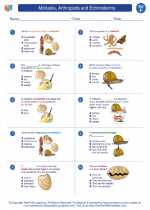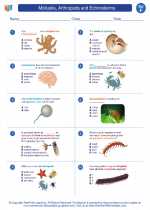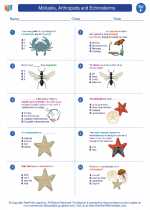Prolactin
Prolactin is a hormone produced by the pituitary gland, which is located at the base of the brain. It plays a key role in the female reproductive system and is also present in males, although its role in males is not fully understood.
Functions of Prolactin
Prolactin is best known for its role in stimulating milk production in women after childbirth. It also has other functions, including:
- Regulating the immune system
- Playing a role in metabolism and the regulation of water and salt balance
- Contributing to the development of the mammary glands
Regulation of Prolactin
Prolactin secretion is primarily controlled by the hormone dopamine, which inhibits its release. When dopamine levels decrease, such as during pregnancy or breastfeeding, prolactin levels rise, leading to milk production.
Excess Prolactin
High levels of prolactin, a condition known as hyperprolactinemia, can lead to irregular menstrual periods, infertility, and in some cases, milk production in women who are not pregnant or breastfeeding. In men, it can cause erectile dysfunction and infertility.
Study Guide
When studying prolactin, it's important to understand its functions, regulation, and the consequences of excess prolactin. Make sure to be familiar with the following:
- The role of prolactin in stimulating milk production
- How prolactin is regulated in the body
- The effects of hyperprolactinemia in both women and men
Additionally, understanding the feedback loop involving dopamine and prolactin secretion is crucial for a comprehensive understanding of this topic.
Remember to review the interactions of prolactin with other hormones, such as estrogen and progesterone, and how they collectively influence the reproductive system.
Finally, be familiar with the various medical conditions associated with prolactin imbalance and the potential treatment options available to restore hormonal balance.
.◂Science Worksheets and Study Guides Sixth Grade. Mollusks, Arthropods and Echinoderms

 Activity Lesson
Activity Lesson
 Worksheet/Answer key
Worksheet/Answer key
 Worksheet/Answer key
Worksheet/Answer key
 Worksheet/Answer key
Worksheet/Answer key
 Worksheet/Answer key
Worksheet/Answer key
 Vocabulary/Answer key
Vocabulary/Answer key
 Vocabulary/Answer key
Vocabulary/Answer key
 Vocabulary/Answer key
Vocabulary/Answer key
 Vocabulary/Answer key
Vocabulary/Answer key
 Vocabulary/Answer key
Vocabulary/Answer key
 Vocabulary/Answer key
Vocabulary/Answer key
 Vocabulary/Answer key
Vocabulary/Answer key
